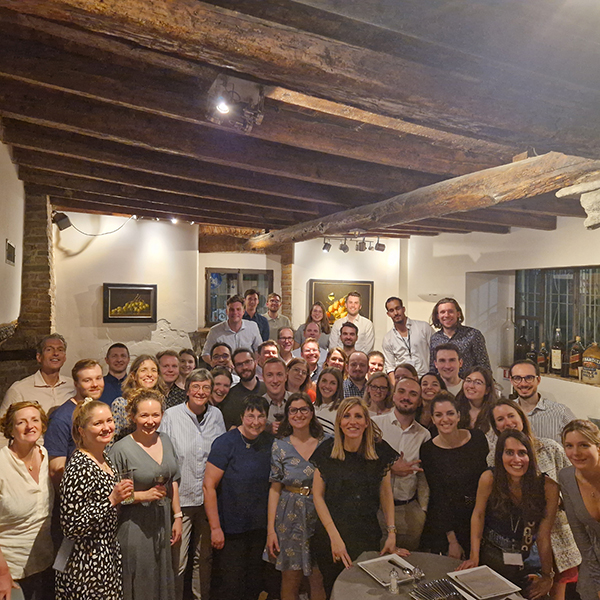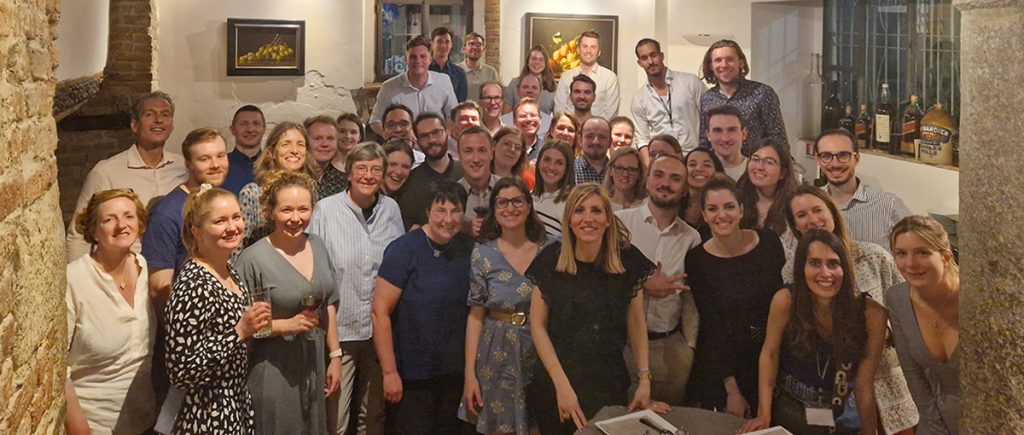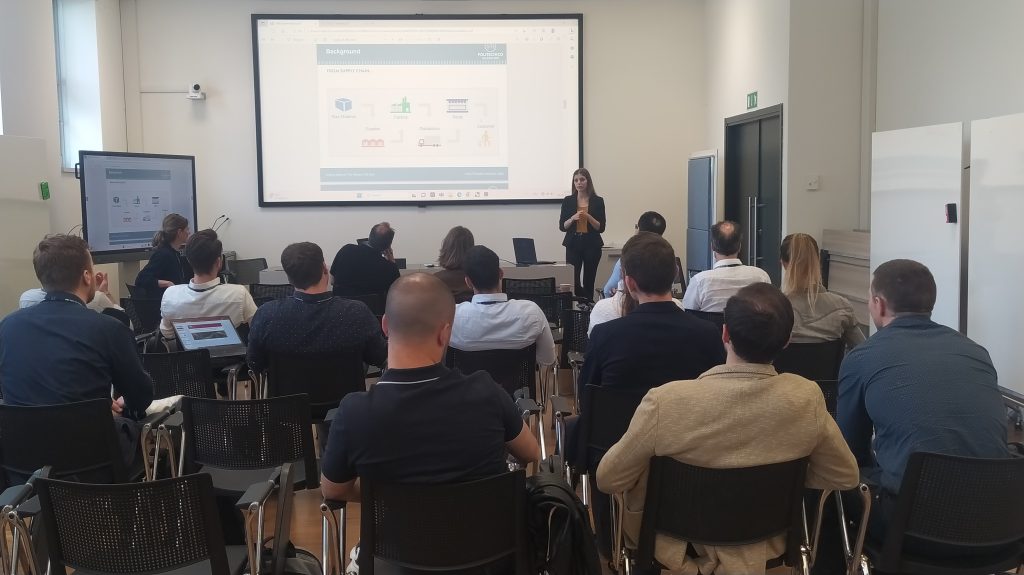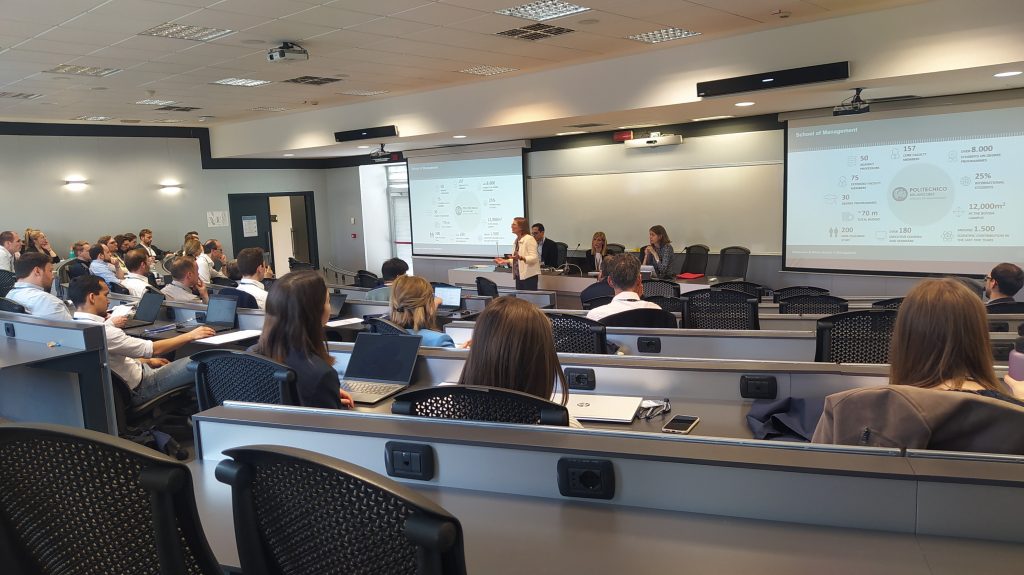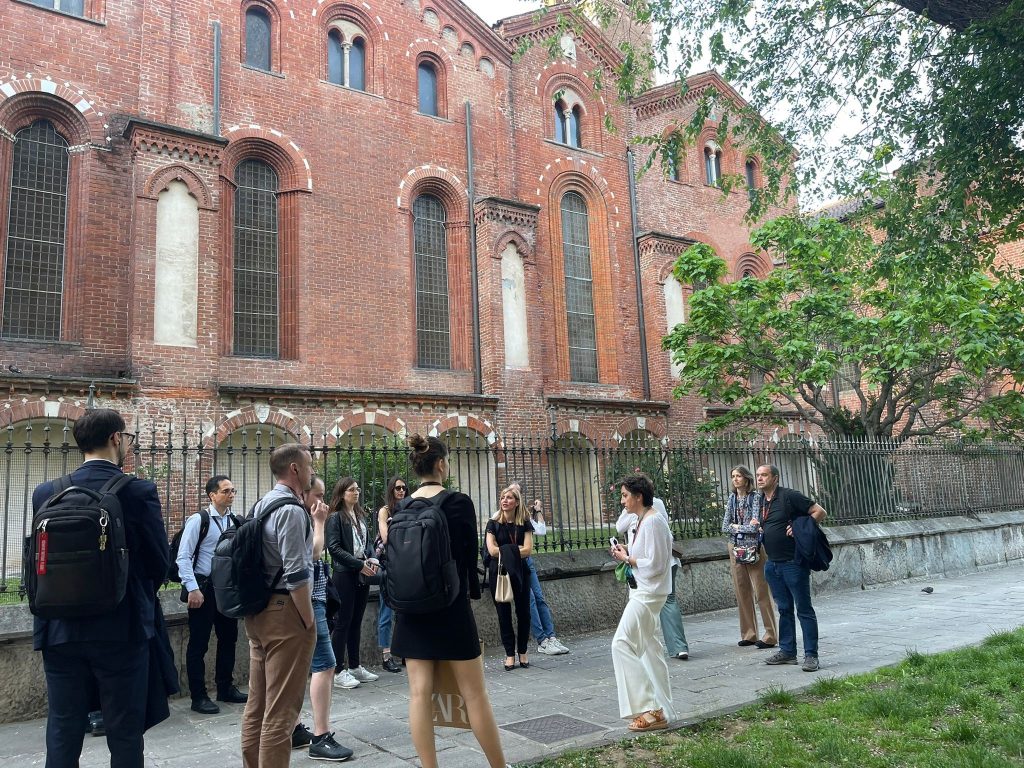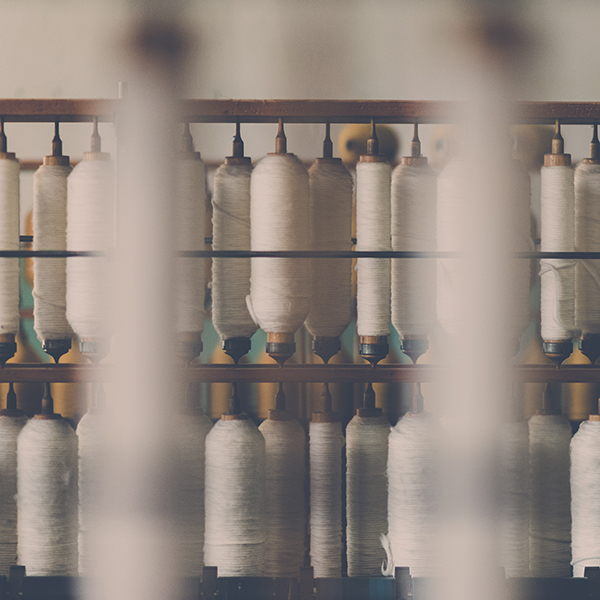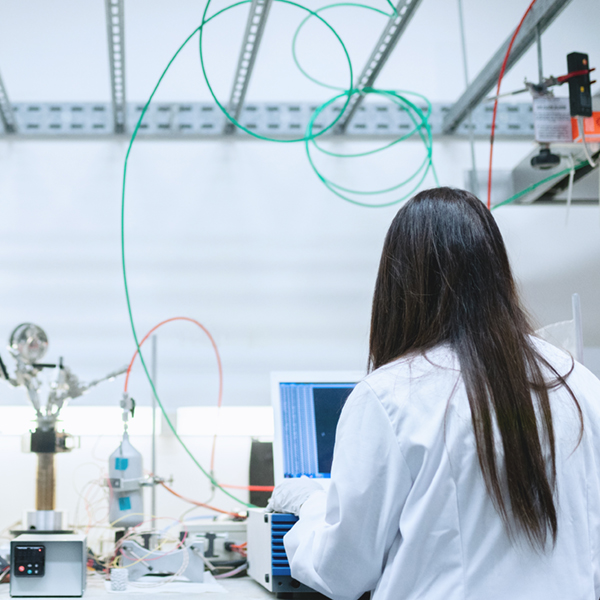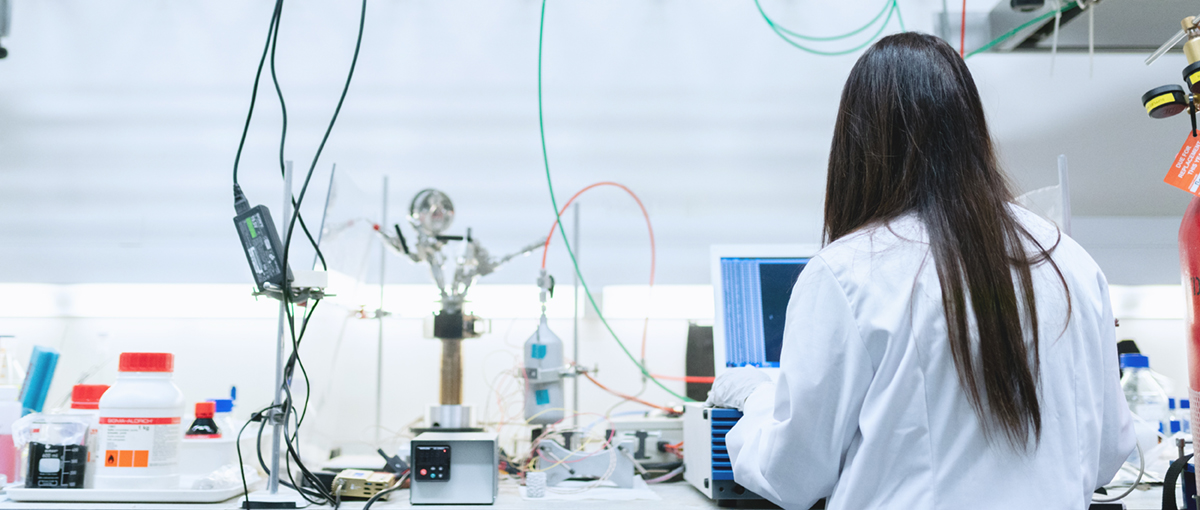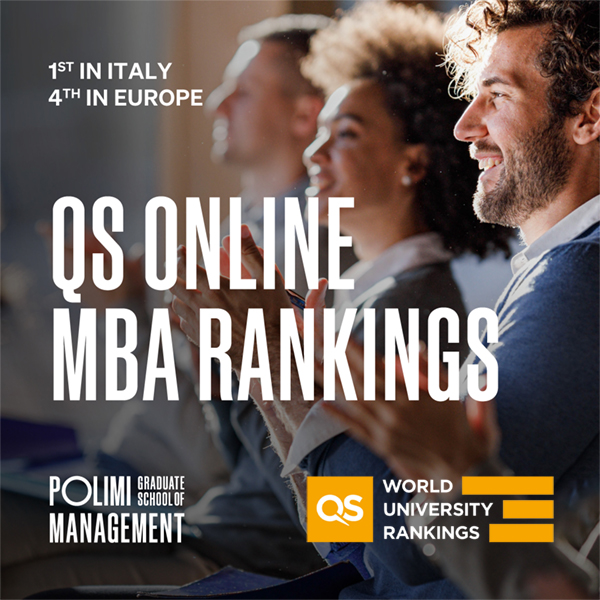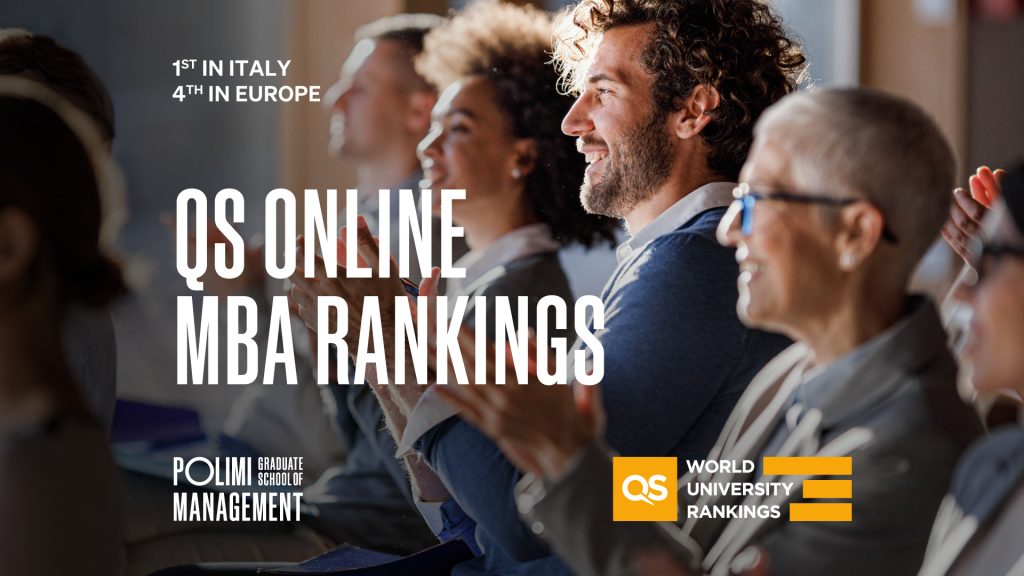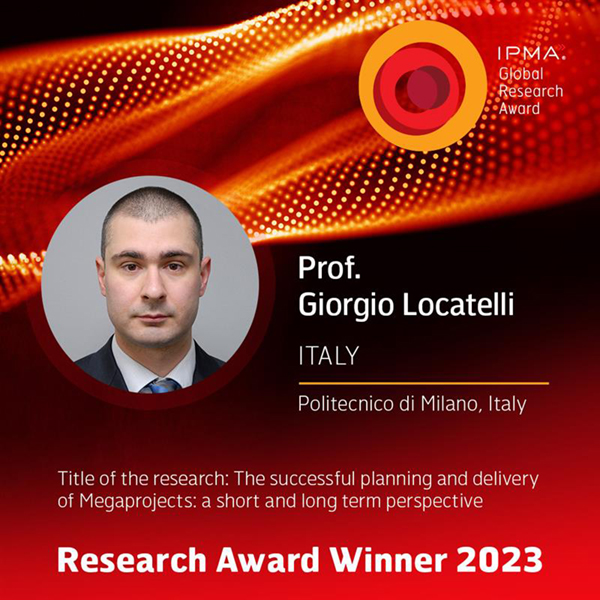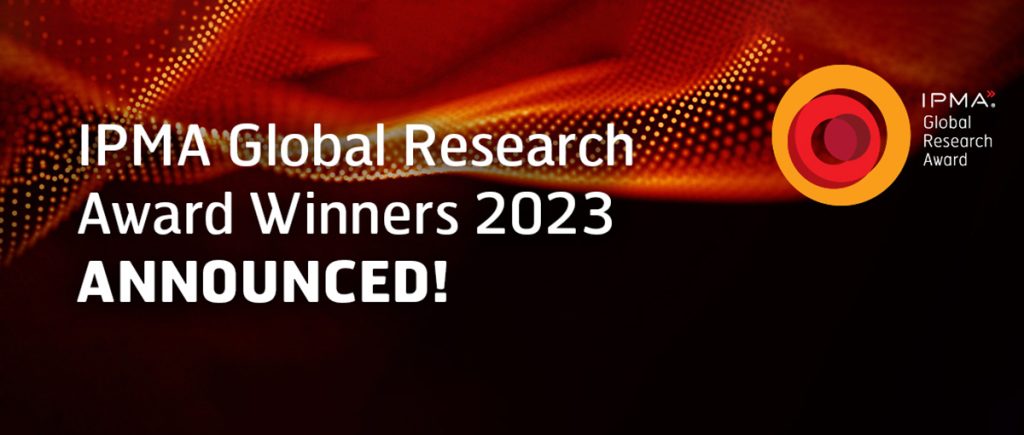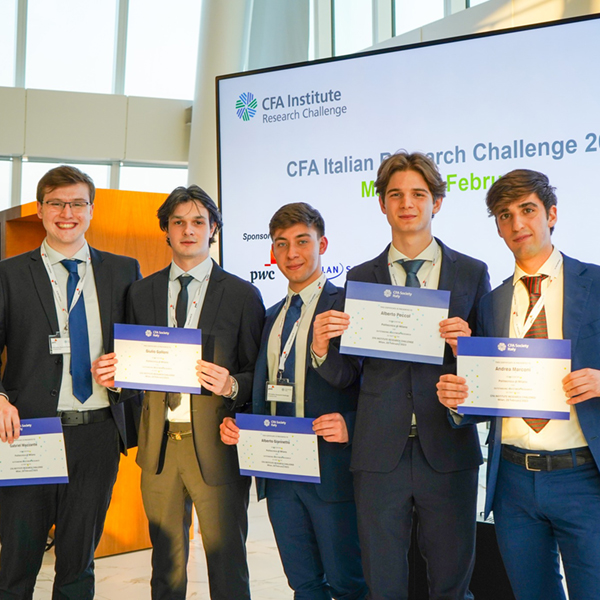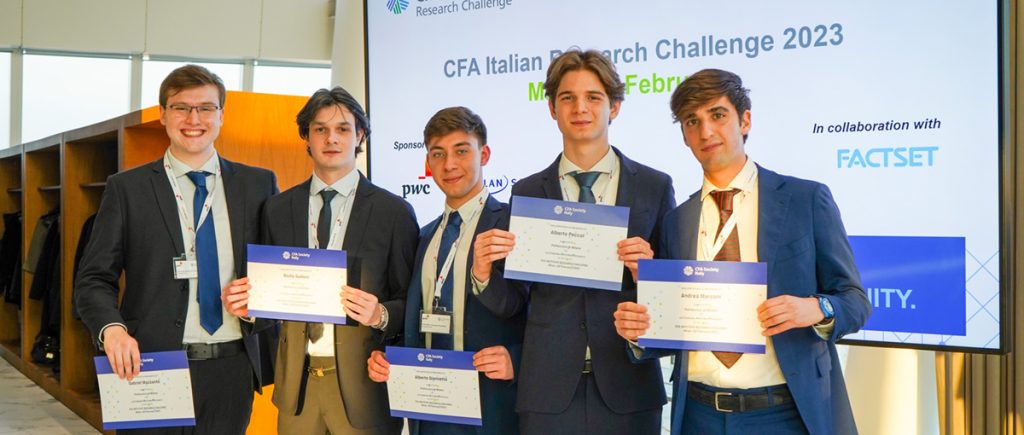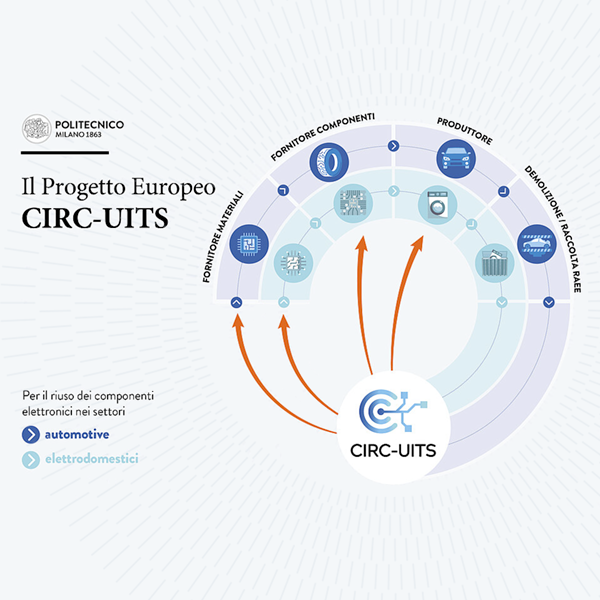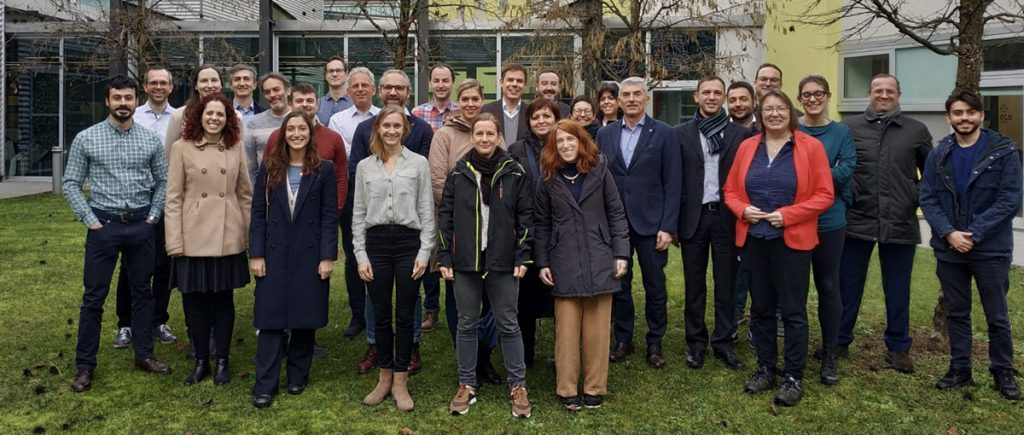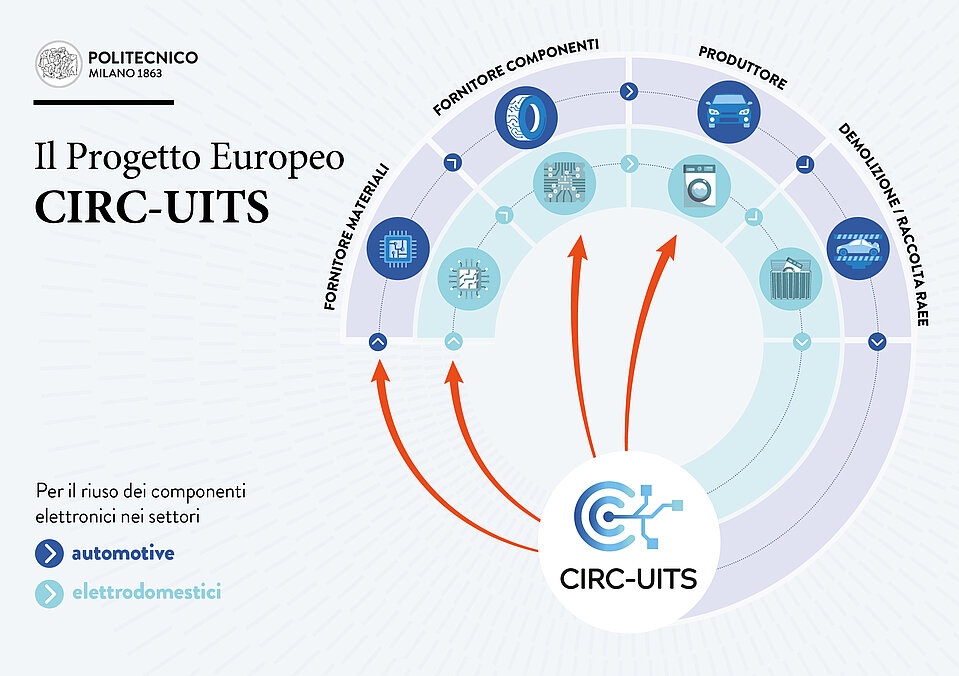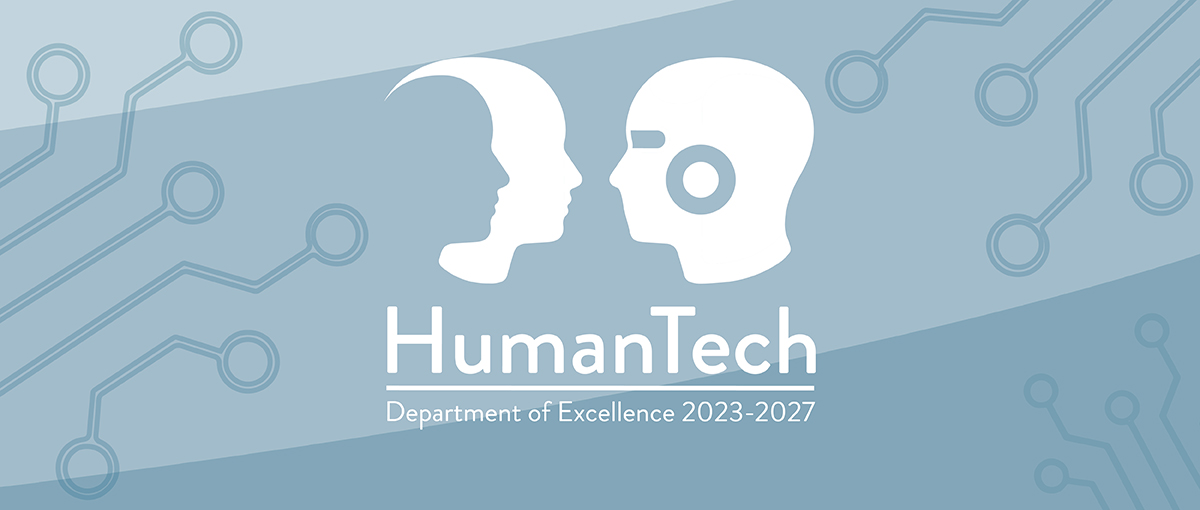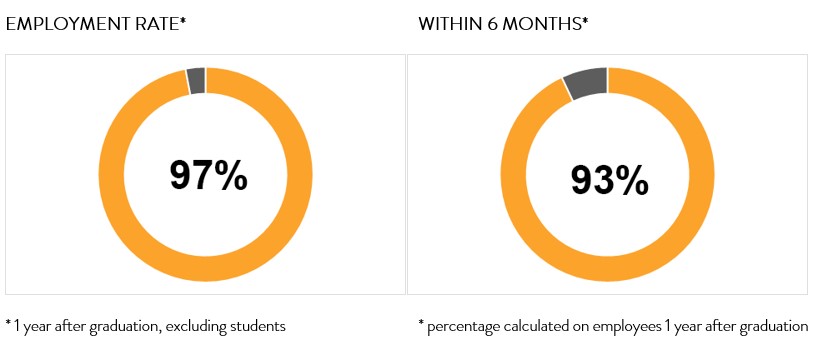Politecnico di Milano School of Management has recently hosted Professor Ralf Reichwald’s wide research community for this annual event that for the first time has taken place in Italy.
The Innovation and Value Creation Research Seminar 2023 (IVC2023) took place from May 4th to May 6th at the School of Management at Politecnico di Milano. Over 45 professors and PhD researchers from Germany, Austria and Italy joined the seminar to present and discuss their recent research results. IVC2023 joined intellect, curiosity, and openness, resulting in an intensive exchange of ideas between participants. With ten sessions spanning various domains, the seminar delved into digitalization and business models, open innovation, and innovation ecosystems, servitization and smart manufacturing, as well as sustainable transformation and circular economy.
The seminar started with a pre-conference dinner on May 4th where the researchers had the possibility to come together and have initial discussions before the beginning of the seminar sessions. Over the course of 1,5 days, this event provided an engaging platform for PhD candidates from Germany and Italy to present their research findings in the realms of innovation and value creation. So far, the research seminar with all its previous editions has taken place only in German and Austrian universities. The 18th edition of this year’s seminar is the first time the seminar is organized in Italy.
The PhD researchers highlighted the transformative power of digital technologies in shaping and disrupting traditional industries, emphasizing the need for organizations to adapt and innovate continuously and to accommodate new ways of doing business such as servitization models. The discussions centered around the strategies, frameworks, and new forms of leadership that drive successful digitalization efforts, with the objective of illuminating the path for companies seeking to harness the full potential of digital technologies.
Open innovation and innovation ecosystems illustrate the power of collaboration and co-creation in fostering innovation. The seminar participants explored the importance of creating conducive environments that encourage knowledge sharing, facilitate partnerships, and promote innovation by leveraging tools such as living labs and product service system demonstrators. The emerging models and best practices discussed during the sessions underscored the need for organizations to embrace a more inclusive and collaborative approach to innovation, while emphasizing the role of boundary spanning objects and investigating the exploitation-exploration dilemma that emerge in innovation projects.
In the area of sustainable transformation and circular economy, many interesting contributions have been provided, in particular regarding the emerging area of regenerative business models and bio-based materials, a growing field that promises less pollution and CO2-emissions. The participants showcased their research on business models and use cases to achieve sustainability, emphasizing the role of circular economy principles in promoting resource efficiency and reducing waste. The discussions touched upon various aspects, including sustainable business models, eco-design, and the importance of stakeholder engagement in achieving a circular and regenerative economy.
The research seminar was not only an opportunity for PhD candidates to present their research, but also a platform for networking and fostering interdisciplinary collaborations. The engaging Q&A sessions and the intense discussions during the breaks provided valuable insights and generated thought-provoking ideas for future research endeavors. The exchange of experiences, methodologies, and perspectives among the participants fostered a stimulating intellectual environment, nurturing innovation and pushing the boundaries of knowledge. In the words of Prof. Dr. Kathrin Möslein, Friedrich-Alexander-UniversitaetErlangen-Nuremberg (FAU), Germany, the research seminar was a real innovation booster.
The research seminar was also an opportunity for the guests from Germany and Austria to get to know better the Italian culture. In addition to the pre-conference and conference dinners on May 4th and 5th organized in authentic Italian restaurants where the partcipants could enjoy the richness of the Italian cuisine, the research seminar’s program also offered a guided tour on May 5th in the city of Milan, starting from Corso di Porta Ticinese, 35 in front of Basilica di San Lorenzo and ended up at the conference dinner restaurant.
In conclusion, IVC2023 benefited from the passion and dedication of all participants in the fields of innovation and value creation. The presented studies provided a solid foundation for future advancements, in the areas of digitalization, open innovation, and sustainable practices as catalysts for economic growth and societal well-being. At the end of the event, the next seminar’s location has been announced. The IVC2024 will be organized at the University of Applied Sciences Erfurt by Prof. Dr. Sabine Brunner and her team. We look forward to the next edition of this research seminar.
